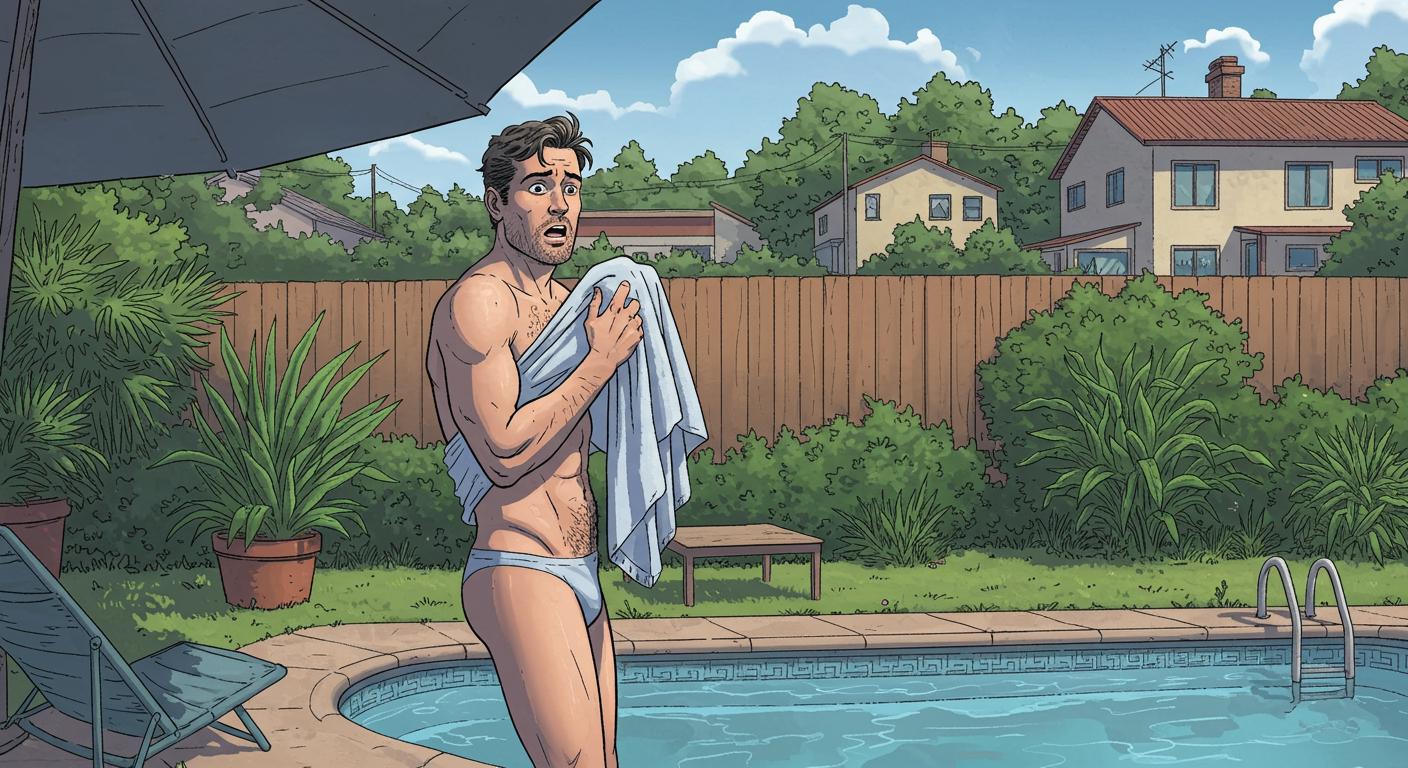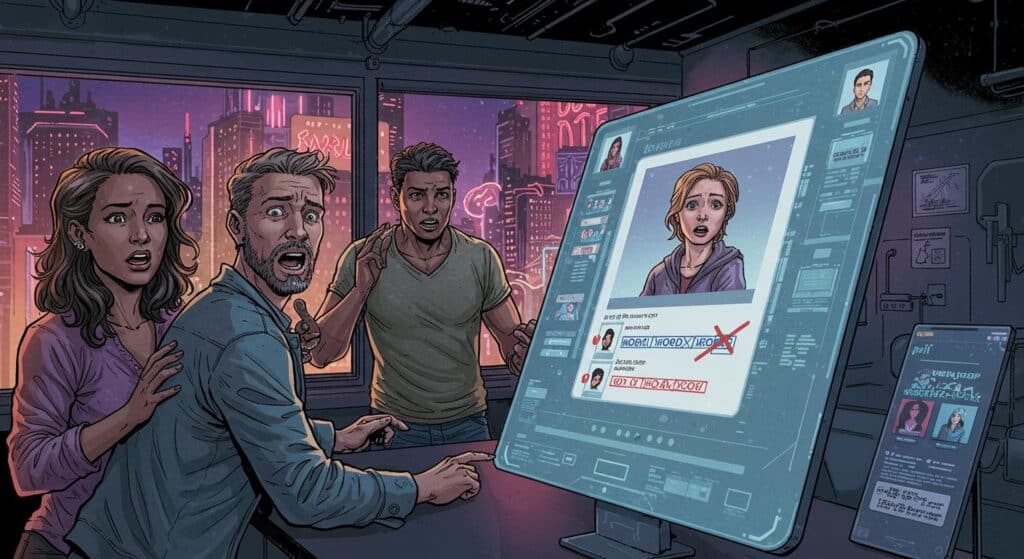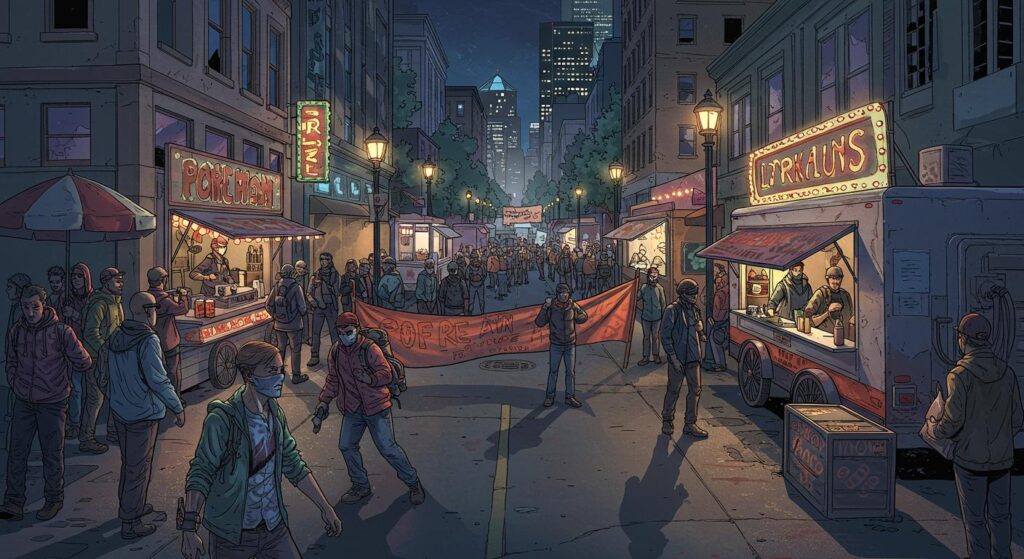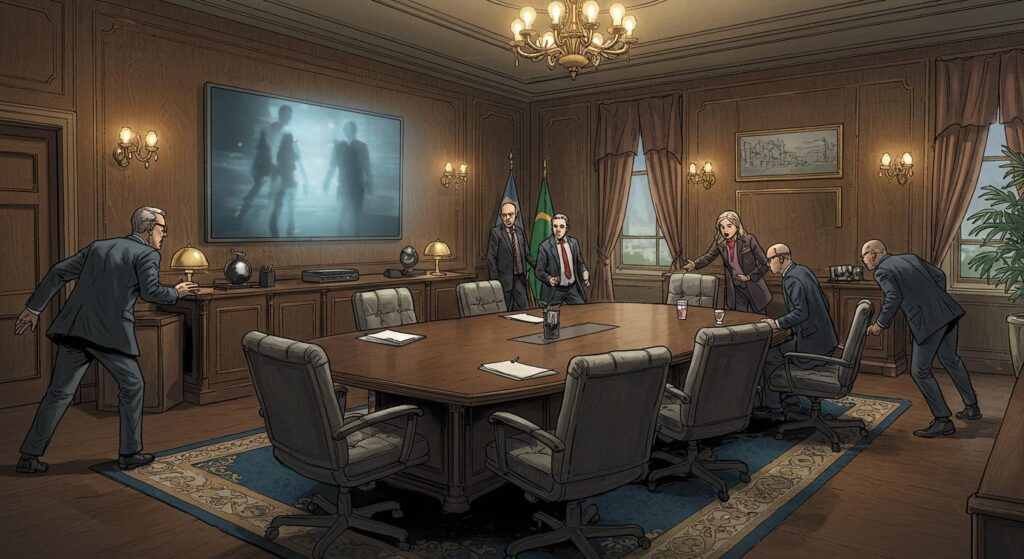There’s people-watching, and then there’s Google Street View: an international, algorithm-driven, time-capsule of moments public and private, odd and ordinary. But sometimes, the boundaries it blurs aren’t just the edges of license plates or faces—they’re the blurred boundaries between private and public life itself. Case in point: the recent court ruling in Argentina where a local policeman, photographed naked in his own yard, convinced a court that the tech giant owed him more than a quick round of digital censorship.
When Privacy Meets the Panorama Van
The facts, as reported by CTV News and The Caledonian Record, sound like the opening of an urban legend or perhaps the lost plot of a farcical novella. In 2017, a Google Street View vehicle rolled down a small-town street in Argentina, clicking away, cementing slices of reality for the curious or the navigationally lost. Unbeknownst to the camera, a man—off-duty policeman, at home, behind a 6.6-foot wall—was apparently enjoying the sort of carefree afternoon that doesn’t require pants.
The result? Not only was his bare posterior preserved for internet eternity but, thanks to an enthusiastic splash on Argentine TV and social media, the snapshot quickly transformed from obscure digital fluke to local gossip fodder. According to joint reporting, the man argued that being exposed in such a way didn’t just nick his dignity—it invited ridicule from neighbors and colleagues alike. The incident essentially upgraded his backyard from haven to stage, courtesy of a camera car passing by.
Google, for its part, claimed the perimeter wall just wasn’t high enough, a defense that seems less “robust technical argument” and more “the world is now your front porch.”
Dignity, Blurring, and the Odd Failures of Automation
It’s easy to roll one’s eyes and mutter something about “should’ve put on shorts.” In fact, The Caledonian Record highlights that an earlier court sided with Google, chalking the matter up to personal responsibility—if you’re going to stroll in the buff within possible camera range, what happens next is partly on you. But the appeals judges, as both outlets outline, saw it differently: the invasion of privacy was “blatant,” especially given that the yard’s wall was taller than the average person and the view was not from a public space.
Both sources note an important detail: Google’s Street View policy typically blurs faces and license plates—clear evidence the company acknowledges its unique vantage point comes with certain responsibilities. But as the judges observed, the algorithm’s discretion seems to falter once it’s more than a face at stake; in their memorable phrasing, “there is no doubt that in this case there was an arbitrary intrusion into another’s life.” Or, to paraphrase, it’s hard to argue this was just an unfortunate technicality.
And really, is it any comfort to know your identity is protected if you’re still recognizable by context—or, in this instance, by a particularly ill-timed lack of attire?
More Than an Embarrassing Glitch
While some might dismiss the whole ordeal as a fluke, the story offers a surprisingly revealing snapshot of the modern tension between automated convenience and everyday privacy. Google’s defense—essentially, “the wall didn’t work”—crystallizes the odd sort of logic that emerges when company algorithms map the world faster than any lawyer can keep up.
The outlets further note the court’s careful parsing of liability: the local telecom company and a news outlet that spread the image weren’t at fault for signal-boosting the fiasco. Their coverage, ironically, was seen as drawing public attention to Google’s original blunder rather than perpetrating it. Yet, their involvement also illustrates how quickly a moment of automated oversight can escalate to national (or at least neighborhood) infamy.
If anything, it poses a gnarly question: at what point are our reasonable expectations for privacy trumped by the world’s collective thirst for map-based omniscience—and are algorithms really up to the task of drawing that line?
A Small Payout, a Larger Case of Digital Overexposure
In the end, compensation landed at the equivalent of about $12,500. On paper, that’s not world-changing money—maybe just enough to buy a taller wall, or a few extra robes, or perhaps a friendly reminder on Google’s message board to update their “nudity auto-detection script.”
Yet, as described in both outlets’ reporting, the true significance of this case is less about the sum and more about the principle. Who draws the lines between private and public in a landscape that can be casually (or, it seems, brazenly) surveilled by anyone with a camera car and enough cloud storage? Can reliance on auto-blurring and after-the-fact apologies ever really be enough?
The case leaves us mulling over whether, in a world mapped by corporate giants, even a six-foot fence is defense enough for a little domestic freedom. Or as the appeals judges succinctly put it, “No one wants to appear exposed to the world as the day they were born.”
And really—who could argue?







